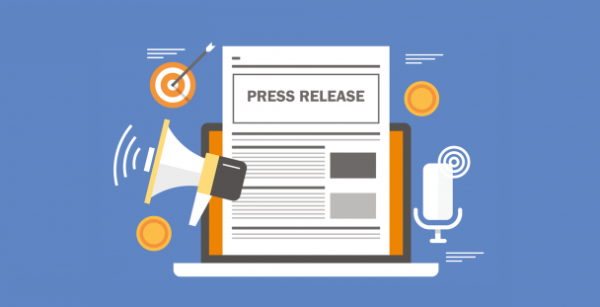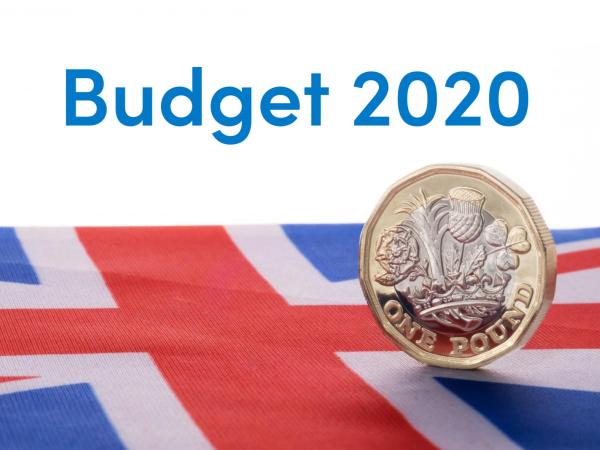Upsides and downsides to raising threshold at which National Insurance Contributions are paid
Today’s Budget confirmed that the annual threshold at which people pay Class 1 primary and Class 4 National Insurance Contributions (NIC) will increase to £9,500 from 6 April 2020 (up from the current level of £8,632).1 While this is good news for many employed and self-employed workers who will pay reduced NIC next tax year, the full benefit of the increase will not be seen by all.

Victoria Todd, Head of LITRG, said:
“While the Chancellor said this increase would save employees around £100 per year, this is not quite the case for everyone. The lowest paid, earning below the existing threshold of £8,632, do not pay NIC at the moment, so the increased starting point makes no difference to them. Also, workers who pay NIC but claim universal credit may see an extra £100 in their wage packet over the year, but their universal credit payment will reduce by £63, leaving them only £37 better off. Increasing the work allowances in Universal Credit would be another way of helping those on the lowest incomes2.
Employees will face the lower charge from their April pay packets, but self-employed earners may not feel the impact for some time to come as they pay their Class 4 NIC somewhat later. However, for some self-employed workers there could be an opportunity to reduce their tax and NIC bill due on 31 January 2021.
Victoria Todd continued:
‘Self-employed people are due to pay their whole tax and NIC liability by 31 January following the end of the tax year – so by 31 January 2022 for the tax year 2020/21. But many will pay on account at least part of their bills on 31 January 2021 and 31 July 2021, and these payments on account due are based on their final tax and NIC bill for the tax year 2019/20. Anyone whose profits stay static in the tax year 2020/21 as compared to the previous tax year will actually face a reduced NIC bill in the later year because of this increased threshold. And so they may want to consider a claim to pay reduced payments on account when they complete their 2019/20 Self Assessment tax return or at any time before their final tax payment is due for 2020/21.
‘Reducing payments on account does, however, rely on the self-employed individual trying to forecast their 2020/21 taxable profits reasonably accurately, otherwise HMRC can charge a penalty for over-reduction. Many self-employed people might therefore have to wait almost two years to receive the benefit of the reduction in NIC liability, when they complete their 2020/21 Self Assessment return and calculate their exact bill.’
Victoria Todd
Notes:
- Budget document 2020, para 1.169:
“The government is committed to keeping taxes low, helping hard-working people keep more of what they earn. In less than a decade, the Personal Allowance has increased by over 90% and has taken 1.7 million individuals out of income tax altogether compared to 2015-16. The Budget confirms the government’s commitment to increase the National Insurance contributions (NICs) Primary Threshold and Lower Profits Limit, for employees and the self-employed respectively, to £9,500 from April 2020.” - This is because universal credit entitlement is based on income net of tax and individual national insurance liabilities. Therefore, an increase in income of £100 may mean that their universal credit award is tapered by 63% of the increase, giving them a net ‘profit’ from the national insurance relief of only £37.
- Low Incomes Tax Reform Group
The LITRG is an initiative of the Chartered Institute of Taxation (CIOT) to give a voice to the unrepresented. Since 1998 LITRG has been working to improve the policy and processes of the tax, tax credits and associated welfare systems for the benefit of those on low incomes.
The CIOT is the leading professional body in the United Kingdom concerned solely with taxation. The CIOT is an educational charity, promoting education and study of the administration and practice of taxation. One of our key aims is to work for a better, more efficient, tax system for all affected by it – taxpayers, their advisers and the authorities. The CIOT’s work covers all aspects of taxation, including direct and indirect taxes and duties. The CIOT’s 19,000 members have the practising title of ‘Chartered Tax Adviser’ and the designatory letters ‘CTA’, to represent the leading tax qualification.


